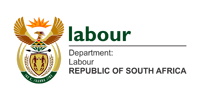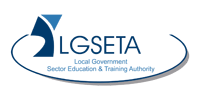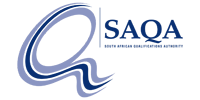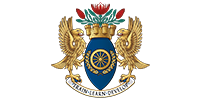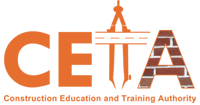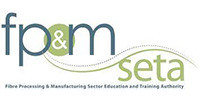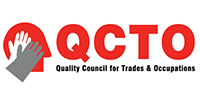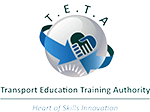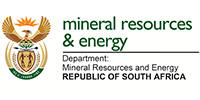First aid training when working at or around the ocean can be the difference between life and death. Seafarers face some of the most hazardous conditions and are considered some of the most high-risk careers. There are many things that can go wrong on a ship or boat due to the unpredictable conditions of the weather and ocean. This combined with the fact that you are far unable to readily access professional emergency care, due to the nature of the work increases the level of danger tied to ocean based jobs.
Danger can range widely from, insignificant issues like sunburns to severe life threating emergencies like drowning are a reality. Being well trained in basic first aid can be the difference in these environments. Being able to respond with knowledge and skill to any emergency is what we strive for at EMCARE. In this article we will break down types of seafarer careers, what kind of emergencies they might face at sea and why EMCARE is the best first aid educator in South Africa.
Seafarer Careers
A seafarer is considered to be anyone who works aboard a ship or boat. Let’s take a look at some of the seafarer careers that may require first aid knowledge:
- Ship Broker: A ship broker facilitates national trade between vessels. They transport cargo on behalf of buyers and sellers.
Other career paths, that see people head out to the ocean on a constant basis includes, but is not limited to:
- Marine Conservationist
- Ocean Meteorologist
- Marine Biologist
It is not just vital that the crew knows first aid, but those who work or live full time on board. These researchers and academics face the same hazardous conditions, and without first aid training you are not as strong a candidate for employment. More and more companies consider first aid an important qualification if you are going to work aboard a ship as a researcher. Especially if you work as the head of a team, being able to ensure the wellbeing of your team is beneficial in any project.
Additionally, marine pilots are encouraged to have first aid qualifications. They manage the entry and exit of ports and ensure a trouble-free passage. In the case of emergencies with docking and leaving harbors, marine pilots are closest to the ground. Other seafarer careers worth mentioning when discussing the necessity of first aid training include: ship crew members. These include:
- Deck officers
- Chief officers
- Marine engineers
- Ship masters
- Electricians
- Wipers
They are integral to the success of a voyage and safety of the passengers. Many of the career paths listed above are required to have basic first aid knowledge as a part of their skillset. Not only does this keep everyone safe, but it also aids in peace of mind for anyone on the voyage.
First Aid Emergencies At Sea
The reason it is so important for seafarers to know first aid is because of the strenuous conditions they face in their high risk careers. There are many physical challenges, and the unknown of what may happen. The unpredictability can only be combated with knowledge on what can happen, and responses to those emergencies. Expecting the unexpected, or rather being prepared, has more benefits than detriments. One of the less severe health risks at sea is extreme sunburn, whilst the more threatening heat stroke also occurs.
Working conditions are extremely dangerous if proper protective gear isn’t worn. It is important to maintain a regular consumption of water as dehydration can happen quickly while working on a ship or boat. Second degree burns, sea sickness and fainting are other common healthcare issues that needs to be properly attended to, with the right first aid training.
Another risk is chemical hazards; whether it is shipments themselves, spills during cargo loading and unloading – or even machinery disruptions – burns and infections can happen. First aid can help ensure that the treatment of burns and infections happens immediately as this can be sever healthcare concerns.
First aid training ensures seafarers know how to address wounds and wrap bandages. Severe bleeding can also occur, and more experienced first-aiders can be equipped to stop and assess the open wounds. More serious injuries which require first aid training can also occur, like electrocution, head injuries and fractured bones. At EMCARE we cover everything from basic and refresher first aid courses, to level 3 first aid training.
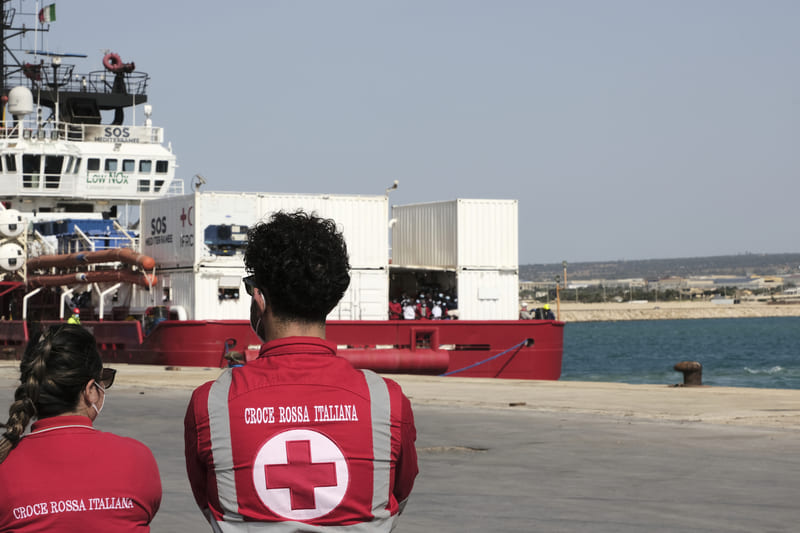
Training With EMCARE
At EMCARE we have specialised first aid training, with instructors who are experts and have more than 1000 hours of work experience under their belts. We offer the following courses:
- Basic First Aid / First Aid Refresher Course (FAR):
This course offers exactly what its name entails. It is the preliminary knowledge to basic first aid or provides a refresher on first aid knowledge. You will be able to talk away from this course knowing how to handle basic wounds and emergency scenarios. - First Aid Level 1 Course (FA1):
The level one first aid course offers a more extensive practical application of injuries, fractures, CPR, fainting and bleeding. - First Aid Level 2 Course (FA2):
The level two course offers more intermediate practical training to enhance your skill set. Pediatric knowledge is taught in this level as well as an expansion on wounds and illnesses that are taught in level 1. - First Aid Level 3 Course (FA3):
The level three first aid training is the most advanced training. Water-related emergencies is taught in level 3 and is the level required to qualify to be a lifeguard, teacher, coach and armed responder – amongst other professions.
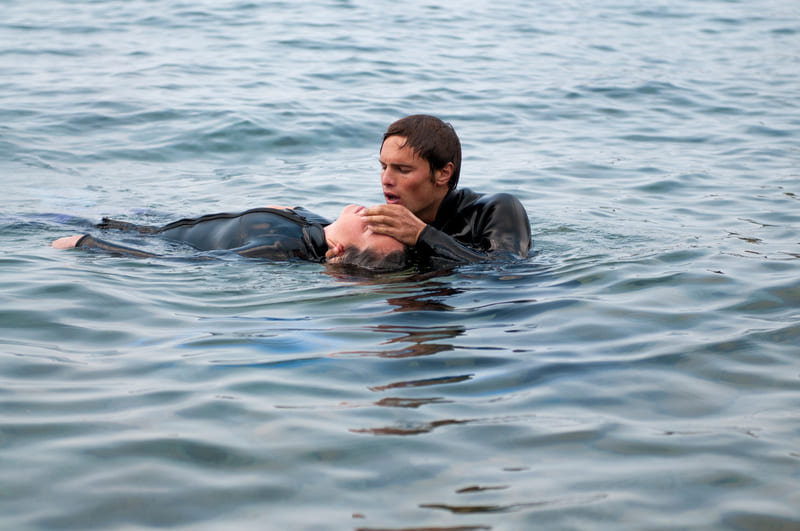
Get In Touch
First aid training is an essential skill when working as a seafarer due to the harsh and unexpected conditions when out at sea. The level three first aid training offered at EMCARE is the perfect course to equip you with the skills to manage emergencies as a Seafarer. If you are interested in our course or looking for more information, you can find information on the first aid level three training here.


